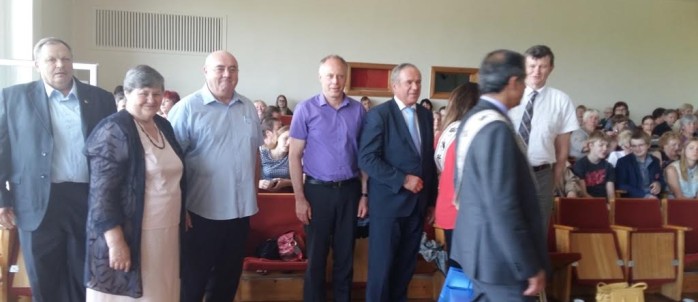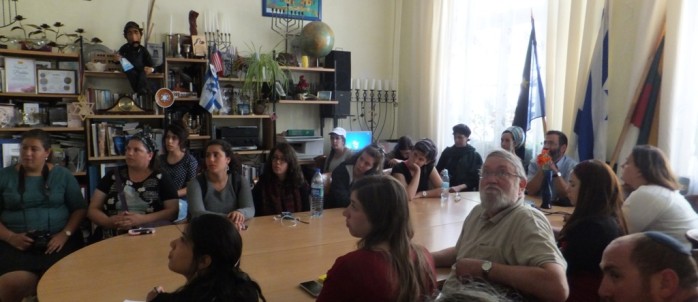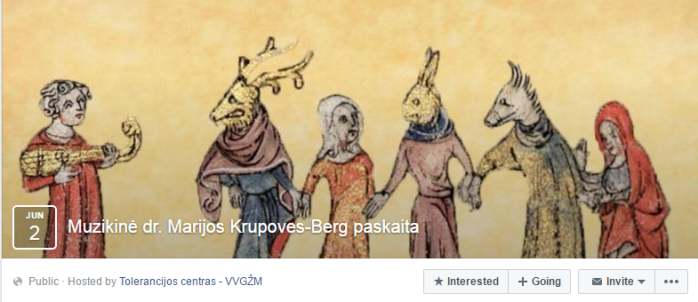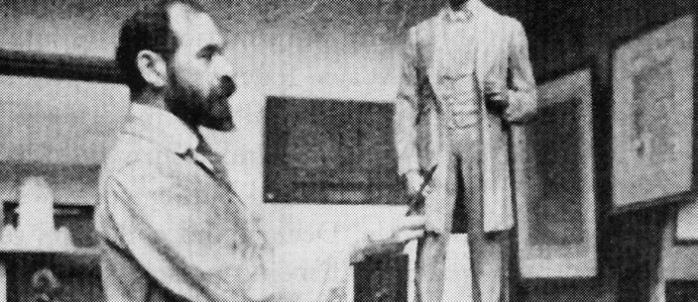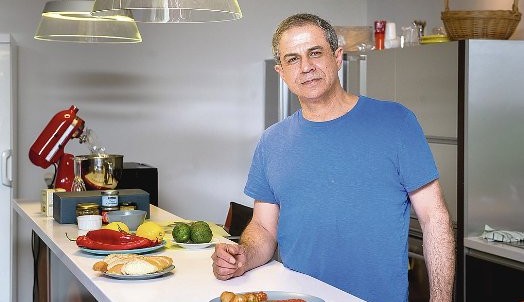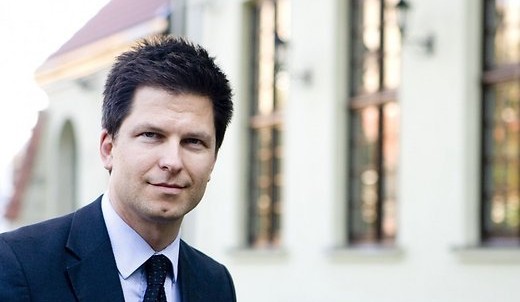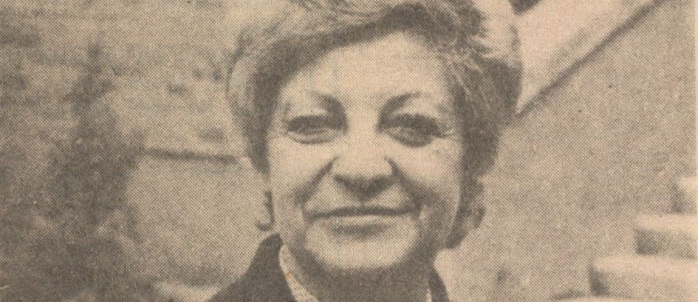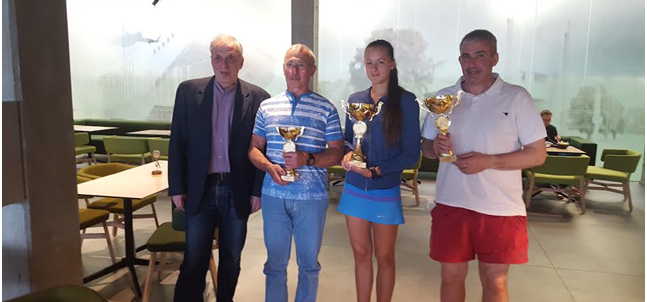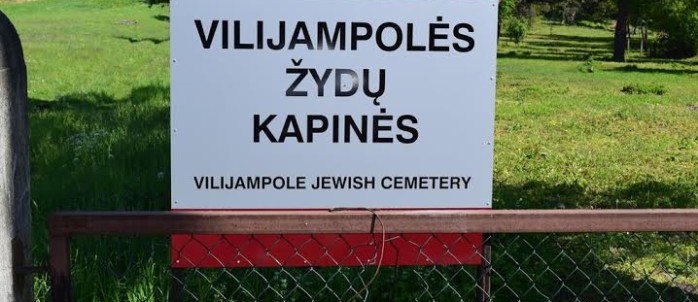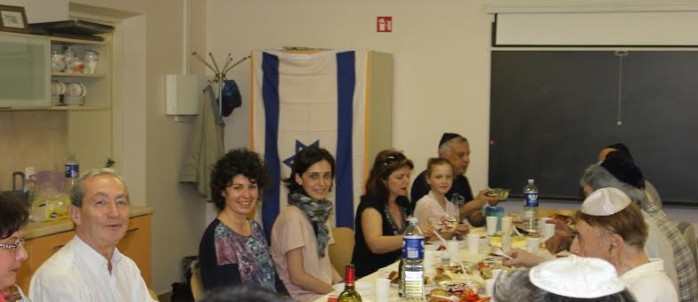by Daniel Lutrin
It was gratifying to see a recent article regarding the plight that Jews of Lithuanian origin (Litvaks) are facing when applying to have their Lithuanian citizenship restored. The article, however, does not hone in on the critical matter at hand, namely the extent to which Lithuanian bureaucrats have gone to deny Jews of their ancestral right to citizenship.
In the background, a meticulous selection process has been underway which is nothing more than a modern manifestation of the same anti-Semitism which saw 95 per cent of Litvaks murdered in the Holocaust (the highest in all of Europe).
Denying Litvaks citizenship has been made easy in Lithuania by declaring, based on nebulous case law, that those Lithuanians who left the country during its years of independence (approximately 1919 to 1940) were not persecuted and are therefore not eligible for dual citizenship.




















